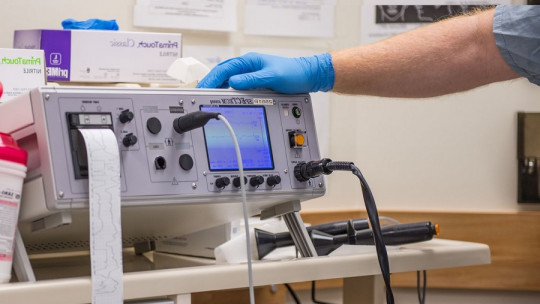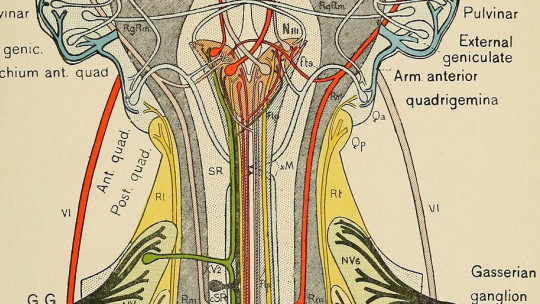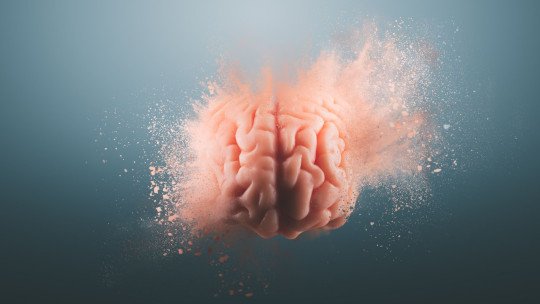
Antipsychotic drugs, also known as neuroleptics, are commonly used in the treatment of people suffering from psychosis, a symptom of mental illnesses such as schizophrenia or bipolar disorder, although they are also used in conditions such as dementia. These diseases generally have no cure, but these psychopharmacological treatments reduce the intensity of their symptoms.
Antipsychotics act on neurotransmitters; the brain’s chemical messengers that intervene in its chemical regulation. Through its balance, psychotic symptoms are considerably reduced. For this reason, antipsychotics are considered a fundamental part of the treatment for psychotic diseases or disorders. These medications allow those who use them to have a more functional life and improve their quality of life.
In recent years, research has increased into the harmful effects of consuming antipsychotics on the brain and its structures. Some researchers highlight the existence of cognitive deterioration after continued use or high doses of antipsychotics. This cognitive deterioration seems to occur in working memory and in the ability to distinguish between known and novel objects
Throughout this article we will learn in more depth what antipsychotics are and how they are beneficial for people who consume them. In addition, we will try to answer whether they have harmful effects on our brain with long-term consumption, this being a very current phenomenon and still under investigation.
How do antipsychotics work?
It is important to start by understanding how antipsychotics work in our body. As we have commented previously, Antipsychotics act mainly on neurotransmitters, the chemicals that transmit information and signals between our neurons One of the neurotransmitters most involved in psychotic illnesses is dopamine. Everything seems to indicate that excessive levels of dopamine are strongly linked to the development of schizophrenia symptoms.
Typical antipsychotics, also known as first-generation antipsychotics, work by blocking dopamine receptors in the brain, thereby reducing their segregation and activity and producing a decrease in psychotic symptoms. On the other hand, there are atypical or second-generation antipsychotics, which in addition to blocking dopamine receptors, also affect the activity of other neurotransmitters such as serotonin. These medications are more selective in their action, so they may have a lower incidence of certain side effects associated with typical antipsychotics.
It is important to keep in mind that antipsychotics do not cure psychotic illnesses, but they can help control their symptoms and improve the quality of life of patients. However, Treatment with antipsychotics should always be individualized and supervised by a health professional The dose and type of antipsychotic prescribed will depend on various factors, such as the severity of symptoms and the patient’s individual response.
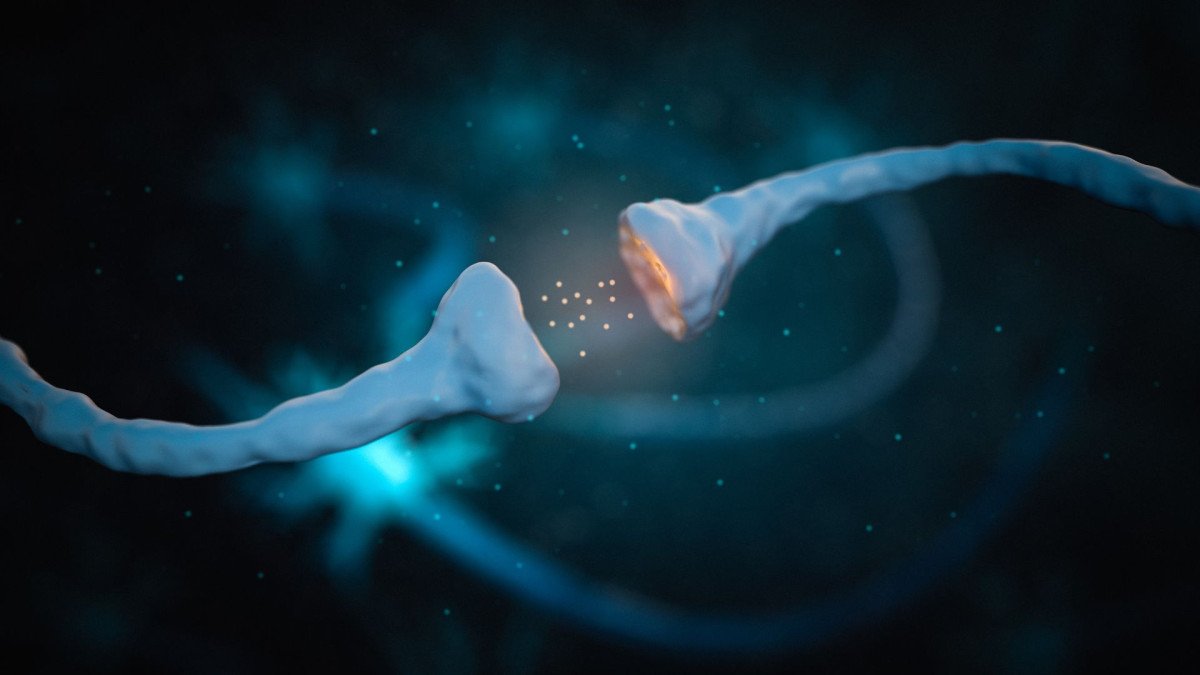
Benefits of antipsychotics
Despite concerns about possible adverse effects on the brain, antipsychotics also offer important benefits in the treatment of psychotic illnesses.
1. Reduction of psychotic symptoms and negative symptoms
One of the main benefits of antipsychotics is the reduction of psychotic symptoms. These symptoms may include hallucinations, delusions, thought disorders, and disorganized behaviors. By controlling dopamine activity, antipsychotics can help alleviate these symptoms, allowing affected individuals to regain stability and function better in their daily lives.
In addition to reducing the positive symptoms of psychotic illnesses, antipsychotics may also have beneficial effects on negative symptoms Negative symptoms include decreased motivation, lack of emotional expression, and difficulty carrying out daily activities. These symptoms can be very debilitating, and antipsychotics can help improve them, allowing people to feel more engaged and active in their lives.
2. Relapse prevention
In addition to their direct impact on the symptoms of psychotic illnesses, antipsychotics can also prevent relapses. By continuing with long-term treatment, patients can reduce the risk of recurrent psychotic episodes and maintain stability in their mental health.
Possible side effects
While antipsychotics offer significant benefits in the treatment of psychotic illnesses, it is also important to consider the potential side effects that may arise with their use. When selecting or considering antipsychotic treatment, health professionals will always take into account choosing an antipsychotic that reduces its implications on patients’ daily lives.
1. Sedation or drowsiness
One of the most well-known side effects is sedation or drowsiness. Some antipsychotics can cause drowsiness, which can affect a person’s ability to be alert and perform daily tasks. However, it is important to note that the effects may vary depending on the type of antipsychotic and the dose used Some antipsychotics may have a lower sedation profile compared to others.
2. Weight gain
Another common side effect is weight gain. Some antipsychotics can alter the energy balance in the body, which can lead to weight gain. This side effect can be concerning because of the possible health risks associated with weight gain, such as cardiovascular disease and diabetes. However, not all antipsychotics have the same impact on weight and it is important to note that not all people will experience this side effect.
3. Cognitive functions
Additionally, some antipsychotics may have effects on different cognitive functions. They can cause difficulties with concentration, decreased memory, and slowness in processing information. These side effects can affect a person’s ability to perform tasks that require attention and rapid mental processing It is important to note that cognitive effects may vary depending on the individual and the dose used.
4. Brain damage
In relation to cognitive functions, its association with the possibility that antipsychotics may affect brain structure when used long-term is being studied. Some studies have suggested that certain antipsychotics may be associated with a decrease in brain volume in specific areas.
The remodeling of the brain expression of different genes due to changes in the activity of certain proteins has also become relevant, due to the reuptake of dopamine continued over time. However, the exact relationship between antipsychotics and structural changes in the brain is not yet fully understood and more research is needed to draw definitive conclusions.
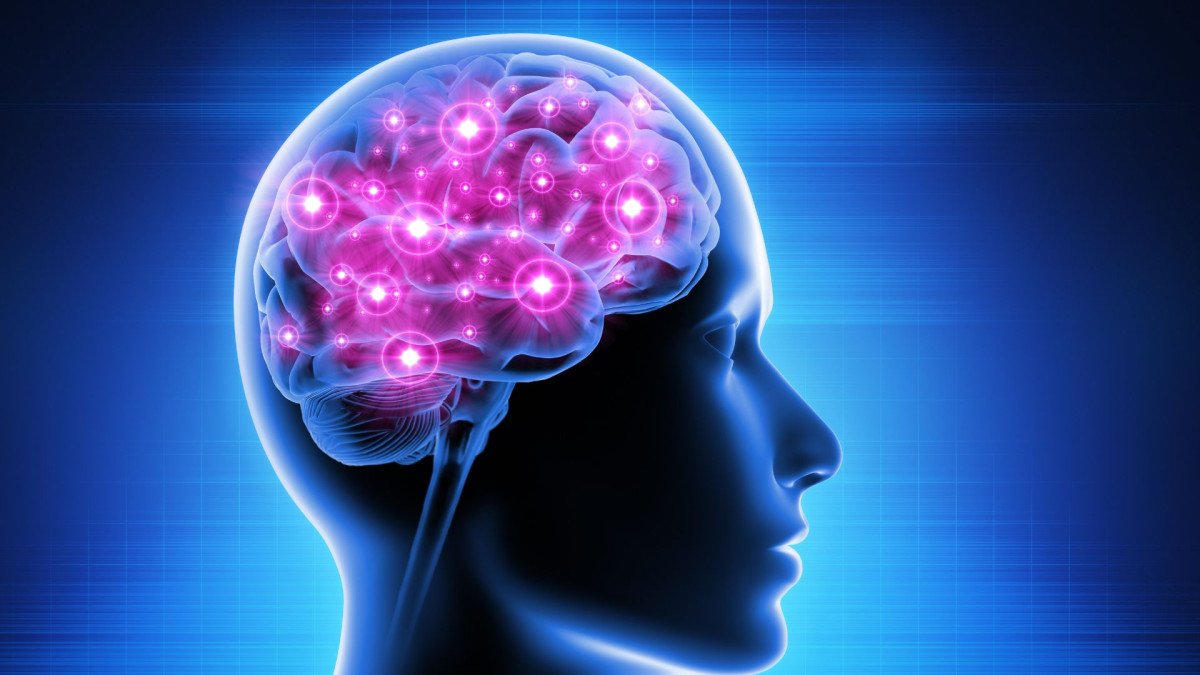
Myths and realities
Over time, several myths and misconceptions have arisen regarding antipsychotics and their impact on the brain. It is important to address some of these myths and offer a vision based on scientific evidence.
1. “Antipsychotics permanently damage the brain.”
There is a belief that antipsychotics cause irreversible damage to the brain. However, there is no conclusive evidence to support this claim. Although, as mentioned, some studies have pointed out possible structural changes associated with the use of antipsychotics, A clear causal relationship that leads to stable conclusions has not yet been established
2. “All antipsychotics have the same side effects.”
Each antipsychotic has its own side effect profile. Some antipsychotics may have a higher risk of certain effects, such as sedation or weight gain, while others may be less likely to cause these effects. The choice of the appropriate antipsychotic should be based on an individualized assessment of risks and benefits.
3. “Stopping antipsychotics will automatically improve mental health.”
Some people may think that suddenly stopping antipsychotic use will lead to an immediate improvement in psychotic symptoms. However, this can be dangerous and potentially trigger a relapse. Discontinuation of antipsychotics should be done under the supervision of a doctor and gradually.
The reality is that antipsychotics can be a valuable tool in the treatment of psychotic illnesses. Although they may have side effects, these must be balanced with the clinical benefits they can provide to patients Each person will respond differently to antipsychotics, so it is important to maintain open communication with your treating doctor and regularly evaluate the effectiveness and possible side effects of the treatment. It is important to demystify misconceptions about antipsychotics and their impact on the brain.
Conclusions
In conclusion, the question of whether antipsychotics damage the brain does not have a definitive answer. While some studies have suggested possible structural changes associated with antipsychotic use, more research is still needed to fully understand this relationship and draw strong conclusions.
It is important to keep in mind that antipsychotics offer significant benefits in the treatment of psychotic illnesses, helping to reduce symptoms and improve patients’ quality of life However, they can also have side effects that have a significant impact on the daily lives of those who consume them by prescription.
The decision to use antipsychotics should be based on an individualized evaluation, considering the expected benefits and possible side effects. It is essential to maintain open and continuous communication with the treating doctor to adjust treatment according to needs and regularly evaluate effectiveness and possible side effects. Comprehensive care and proper medical follow-up are key to ensuring optimal treatment and addressing any concerns or side effects that may arise.




